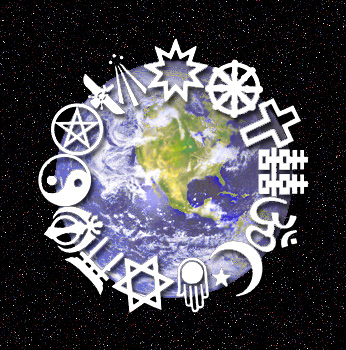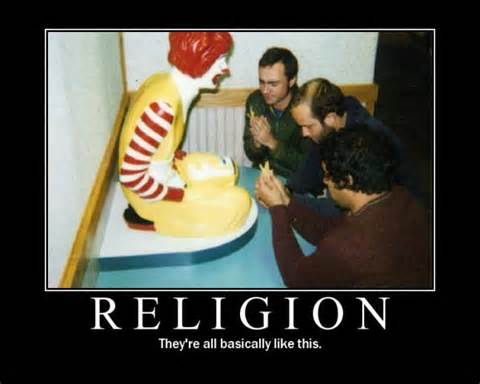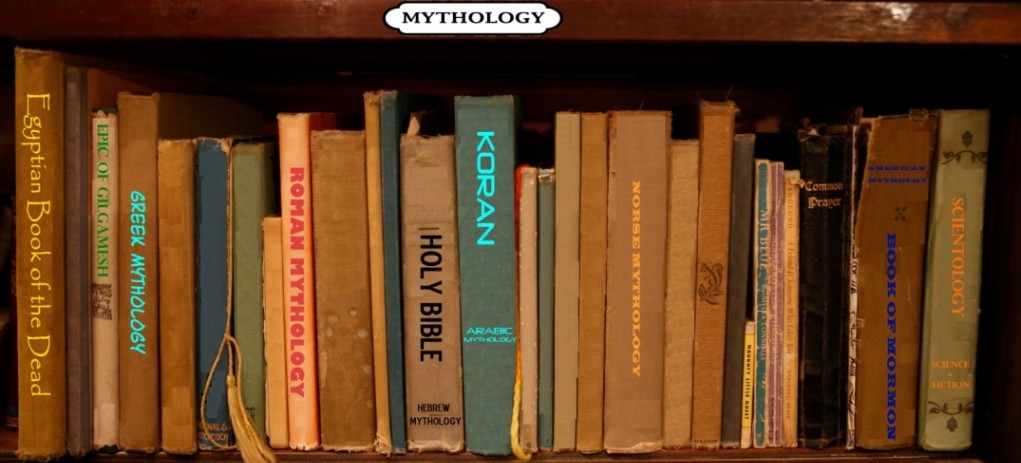
From dictionary.com:
re·li·gion [ri-lij-uhn] noun
1. a set of beliefs concerning the cause, nature, and purpose of the universe, especially when considered as the creation of a superhuman agency or agencies, usually involving devotional and ritual observances, and often containing a moral code governing the conduct of human affairs.
2. a specific fundamental set of beliefs and practices generally agreed upon by a number of persons or sects: the Christian religion; the Buddhist religion.
3. the body of persons adhering to a particular set of beliefs and practices: a world council of religions.
4. the life or state of a monk, nun, etc.: to enter religion.
5. the practice of religious beliefs; ritual observance of faith
So a few commenters objecting to my posts critical of the Dalai Lama‘s Buddhist beliefs claimed I really shouldn’t/couldn’t go after Buddhism because it wasn’t really a religion as it has no “creator god“, no supreme being, no big kahuna of all the lesser gods, no big cheese, no Yahweh, Allah, or similar stern, demanding Omnipotent Prick. Since I’d heard this objection before I thought it might be time to address it.
So above is a pretty typical definition of a religion which includes:
1. supernatural entities
2. moralizing
3. explanation of the universe
4. rituals
5. rules of membership
6. reliance on faith, i.e. belief without evidence
7. devotional practices
To which we could add a few more attributes common to most religions:
8. a hierarchy of authority: priesthood, monks, usually celibate.
9. an uncritical reliance on ancient ideas
10. a sacred scripture(s) to be consulted and interpreted
11. a negative, restrictive attitude toward sex
12. a negative attitude toward reason
13. purpose of human beings
14. exclusive paths and claims to truth
15. reliance on authority over evidence
16. patriarchal in outlook, relegating women to 2nd class citizenship
17. more rules for women than men
18. holy places
19. houses of worship: temples, churches, monasteries.
20. afterlife beliefs: souls, heaven, hell, reincarnation, nirvana, etc.
So even without a specific single creator being, which even the dictionary definition is flexible on, I’d say Buddhism hits the other 20 attributes spot on, and to which we could also add “often homophobic” and “internally and externally divisive“: i.e., lots of competing sects and generally hostile or at least demeaning to non-believers.
Is Buddhism a religion?
Whaddya you think?
Oh and by the way, non-belief: atheism, non-theism, deism, agnosticism, secular humanism have NONE of these attributes: Nothing is sacred, no rituals, no moralizing, no supernatural, no scripture or authorities, no priests or monks, temples or churches, no worship of anything, no afterlife, no restrictive attitude on sex, no misogyny, no homophobia, no divisiveness, and a reliance on reason and evidence, with a commitment to tolerance and the well being of all focused on this life, this world, not some afterlife, ethereal realm or ultimate reality beyond this one. And the creation story we do have is based on science that all share, not some exclusive cultural set of primitive myths that display a child-like explanation of the world that is millennia old, hopelessly out of date and just plain wrong.
So if some DB starts telling you atheism or some other form of non-belief is just another religion, send them to this post, willya?

Have a nice day.
(1458)
